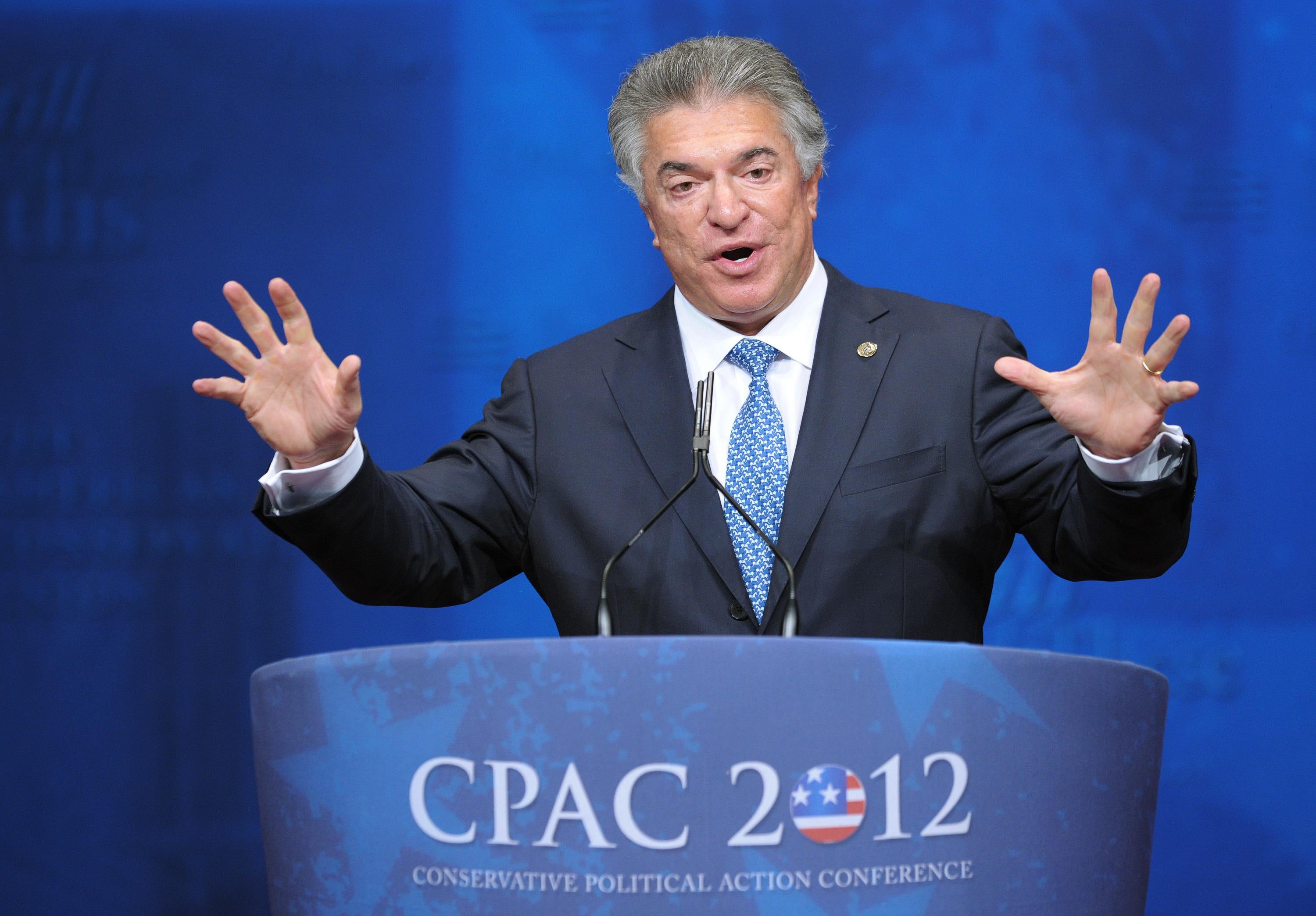Say this for the frustrated, pro-immigration-reform business lobby—it still knows how to get media attention. When a coalition of mainline conservatives, religious activists, and business groups announced that they would come to D.C. this week to work over House Republicans, the result was an A1 New York Times story. According to the paper, apart from 30-odd holdouts, tons of Republicans would be interested in passing some sort of reform bill.
So on Tuesday morning, 600-odd lobbyists gathered at the Chamber of Commerce, from organizations as far-flung as Americans for Tax Reform and McDonald’s. “The strategy is to get them to support conservative immigration reform, even on a piecemeal basis,” explained American Conservative Union Chairman Al Cardenas. There were hundreds of conservatives and business leaders meeting with 150 members of Congress.
But what did they want? California Rep. Jeff Denham, a Republican, had just endorsed the House Democrats’ immigration bill with great fanfare. Did Cardenas think he’d started a trend?
“That’s just not going to happen,” he said. “You’ll have members on the Democratic side pushing for approval, but that’s not going to go to the floor. It may be a helpful exercise to debate the issue, but my sense is that whatever comes out of Homeland and Judiciary, eventually, that will get a vote.”
OK: But what about Marco Rubio? Over the weekend, the senator’s spokesman had told Breitbart.com that he favored the passage of “piecemeal” bills in the House, as opposed to some omnibus bill that could be merged with the Senate. Cardenas had called that “unhelpful,” which it obviously was.
“Here’s the nuance,” he said. “The House is still looking forward to the passage of these individual bills, but eventually it’s going to be consolidating them. What some are suggesting is, let’s not wait for all of that to happen, let’s conference with the Senate on each portion. The problem is that the Senate did not pass piecemeal bills. While I can understand the thought process of some that say better to get something than nothing—that might be good in theory—the only way we get to conference is if House passes piecemeal bills, they get to the Senate, they are consolidated. The Senate hasn’t passed any piecemeal bills to conference with the House.”
I asked Rubio whether the Senate might help out the House by passing said bills. “The House needs to act first, and I believe it will,” he said.
So, problem No. 2: Republicans think the president is a bad-faith actor who would ignore the strictures of immigration law like he ignored Obamacare’s troublesome provisions.
“By the time this is passed, when the rules and regulations implemented, this president will have a year or less left in office,” said Cardenas.
